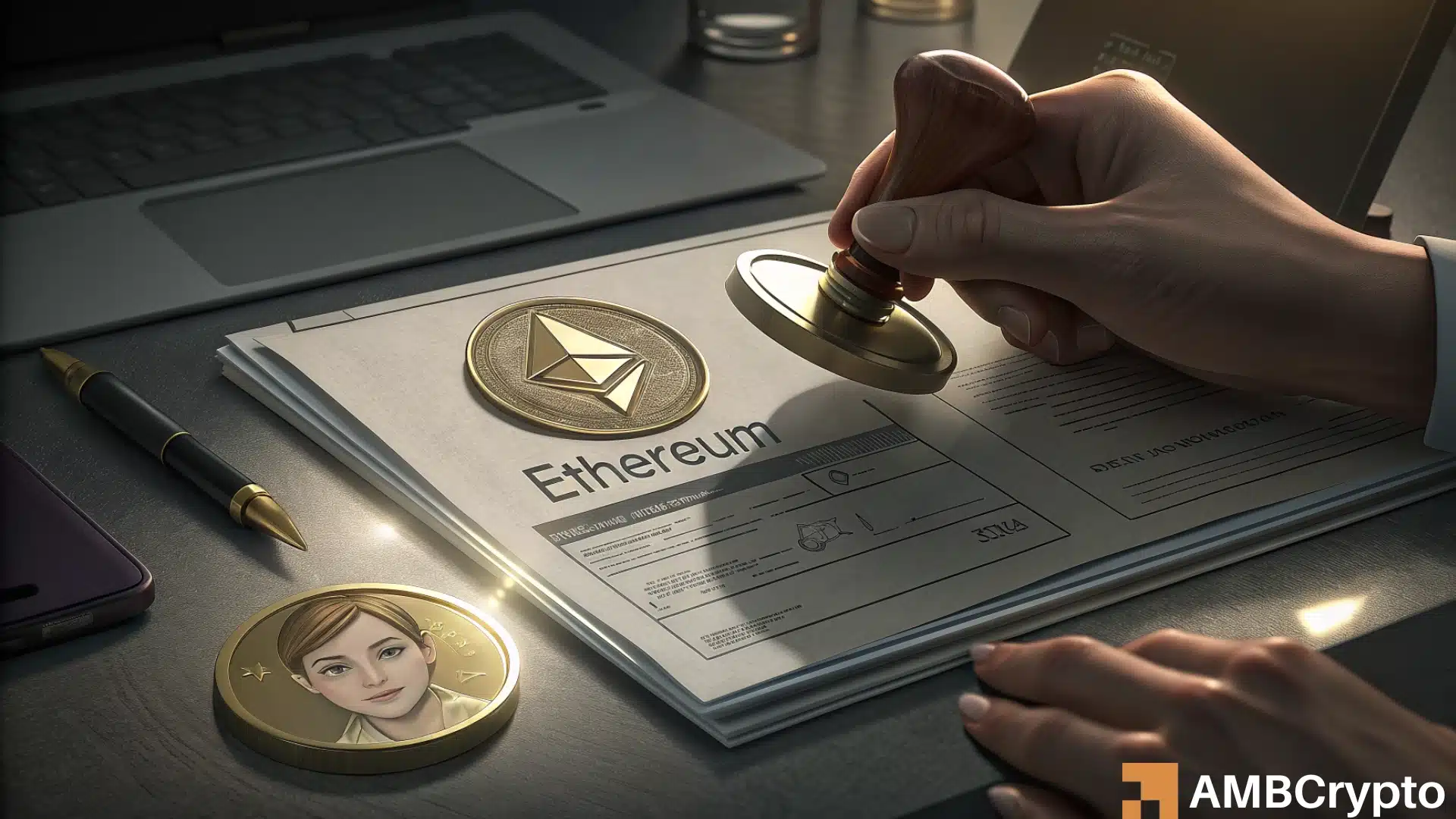
Ministry of Finance plans to formulate rules
The US Internal Revenue Service (IRS) announced on the 16th that tax returns for crypto-asset (virtual currency) transactions required by the Infrastructure Investment and Jobs Act will not be required to be filed until new regulations are issued.
Amendment 6050I to the Infrastructure Act, which went into effect on January 1, requires anyone engaged in a trade or business to report virtual currency transactions of $10,000 or more. The report extends reporting rules that previously covered cash transactions to virtual currencies.
What is infrastructure law?
Over eight years, the government will invest $1.2 trillion (approximately 177 trillion yen) in domestic infrastructure such as roads and bridges, railways, ports and airports, water supplies, high-speed communication networks, and electric power networks. One of the Biden administration’s major economic policies. Established on November 15, 2021.
 Virtual currency glossary
Virtual currency glossary
Specifically, it stipulates that the name, date of birth, and social security number of the sender must be reported to the government. The IRS explained the transition period measures as follows:
This announcement provides transition guidance regarding the reporting of transactions involving the receipt of digital assets. At this time, there is no need to include digital assets when determining the amount received in a transaction (or two or more related transactions).
He continued that the U.S. Treasury and IRS will develop regulations to provide procedures for reporting receipts of digital assets.
It also states that cash transactions will still need to be reported.
In June 2022, the US virtual currency think tank Coin Center criticized the 6050I Amendment to the Infrastructure Act and filed a lawsuit against the Treasury Department. The case is currently on appeal.
If this provision is implemented, anonymous donations in virtual currency will no longer be possible, and artists who receive payments for paintings or NFTs (non-fungible tokens) in virtual currency will be required to submit their customers’ personal information to the government. This is the type of situation that they had alleged would occur.
connection: US virtual currency think tank files suit calling infrastructure law’s tax filing requirements “unconstitutional”
Miners do not fall under the category of “brokers”
Regarding the infrastructure bill, there is a provision that requires virtual currency-related “brokers” to disclose customer information for tax reporting, and there was concern from the industry that the definition of a broker was unclear.
However, the U.S. Treasury Department dispelled these concerns last August by saying that individuals engaged solely in validating distributed ledgers, such as mining and staking, would be exempt from the broker requirement.
The draft regulations announced at that time define a “broker” as a “trading platform, digital asset payment processor, wallet provider, or person who regularly redeems issued digital assets.”
According to the proposed regulations, virtual currency brokers will be subject to the same rules as stock brokers. Information declarations and beneficiary statements will be required for all customers and traders.
If approved, these rules would go into effect starting in 2026.
What is staking?
A system in which by owning a specific virtual currency, you contribute to the management of that currency’s blockchain network and receive compensation in return. Strictly speaking, it is not only necessary to hold virtual currency, but also to deposit it on the network. It can be said that it is similar to a system where you save legal currency in a bank account and receive interest after a certain period of time.
 Virtual currency glossary
Virtual currency glossary
Special feature for virtual currency beginners
The post U.S. IRS announces moratorium on businesses’ reporting requirements for virtual currency transactions appeared first on Our Bitcoin News.

 1 year ago
83
1 year ago
83














 English (US) ·
English (US) ·